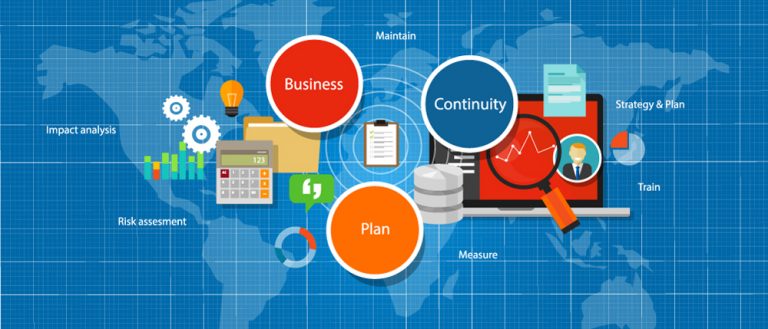An Interview with Michael Gladstone of WeWork
How does your organization prepare for crises? Have you been through the planning process thoroughly? In this interview, we speak with WeWork’s crisis and emergency preparedness manager Michael Gladstone. He talks about the difference between planning in high threat places and those safer or less vulnerable environment. He also spoke about technology and how it’s…



